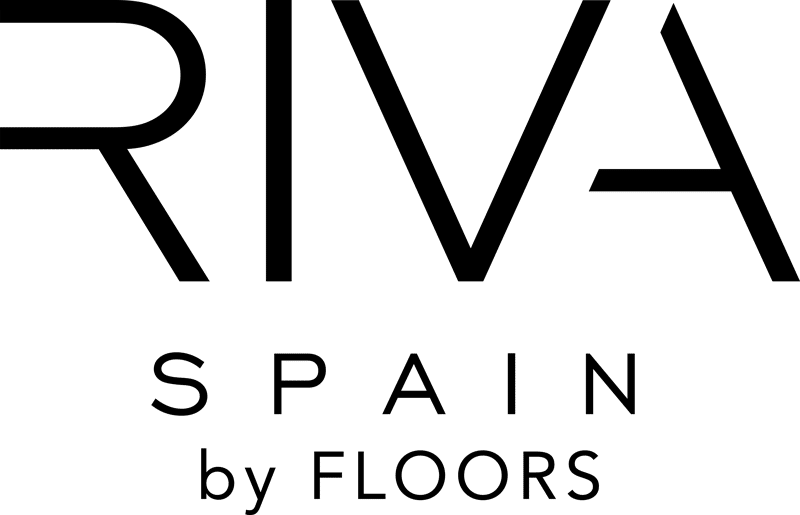
What are the Pros and Cons of European Hardwood Flooring for the Kitchen?
When it comes to choosing flooring for your kitchen, European hardwood flooring stands out as a popular and stylish option. At Riva Spain by Floors in Houston, TX, we’ve seen firsthand the beauty and durability this type of flooring can bring to a home. However, like any material, it comes with its own set of pros and cons. In this blog post, we’ll delve into the advantages and disadvantages of European hardwood flooring for your kitchen.
The Pros of European Hardwood Flooring
1. Aesthetic Appeal
European hardwood flooring is renowned for its elegant and timeless look. With a wide variety of species, colors, and finishes, it can complement any kitchen design, from classic to contemporary. The natural grain patterns and warm tones add character and warmth to your space, creating a welcoming ambiance.
2. Durability and Longevity
One of the key benefits of European hardwood flooring is its durability. These floors are built to last, with many species known for their hardness and resistance to wear and tear. With proper care and maintenance, European hardwood floors can last for decades, making them a wise investment for your home.
3. Increased Home Value
Investing in European hardwood flooring can enhance the value of your home. Its timeless appeal and durability make it a sought-after feature for potential buyers, potentially increasing your home’s resale value.
4. Easy to Clean and Maintain
Maintaining the beauty of European hardwood flooring is relatively easy. Regular sweeping and occasional mopping with a suitable cleaner are usually enough to keep your floors looking pristine. Unlike carpet, hardwood floors don’t harbor allergens, making them a healthier choice for your home.
The Cons of European Hardwood Flooring
1. Cost
One of the main drawbacks of European hardwood flooring is its cost. Compared to other flooring options, hardwood floors can be more expensive to purchase and install. However, it’s important to consider the long-term value and durability when evaluating the cost.
2. Susceptibility to Moisture and Temperature Changes
Hardwood floors can be sensitive to changes in moisture and temperature. In a kitchen, where spills and humidity are common, this can lead to warping, swelling, or shrinking of the wood. It’s crucial to address spills promptly and maintain a stable indoor climate to mitigate these issues.
3. Potential for Scratches and Dents
While European hardwood flooring is durable, it’s not immune to scratches and dents, especially in high-traffic areas like the kitchen. However, many homeowners find that these imperfections add character to the floor over time. Protective mats and regular care can minimize damage.
4. Installation Process
Installing European hardwood flooring can be more complex and time-consuming than other types of flooring. It often requires professional installation, which can add to the overall cost. However, the result is a beautiful and long-lasting floor that adds value to your home.
European hardwood flooring offers a blend of beauty, durability, and timeless appeal that can elevate any kitchen. While it comes with its set of challenges, such as cost and sensitivity to moisture, the benefits often outweigh the drawbacks. At Riva Spain by Floors in Houston, TX, we believe that European hardwood flooring is a worthwhile investment for homeowners seeking a stylish and long-lasting flooring option. If you’re considering this option for your kitchen, we invite you to call us to discuss your flooring needs and explore the possibilities.
